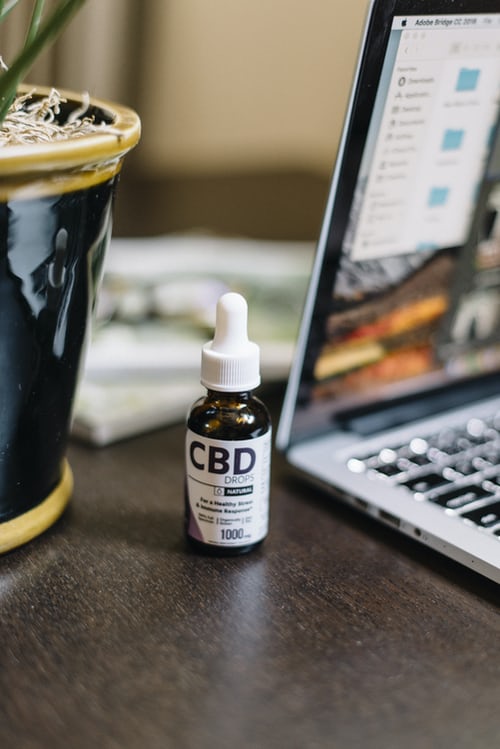Since the 2018 Farm Bill, CBD from hemp has been legalized in all 50 states. Despite its widespread availability, the existence of many variations of CBD and differing rules for usage in states have created confusion. Check out the answers to our most frequently asked questions about CBD’s legalities, physical benefits/effects, and rules and regulations for retailers.
What exactly is CBD?
CBD is cannabidiol. It’s a biologically active, nonpsychoactive chemical compound found in cannabis or hemp. Cannabis and hemp are different varieties of the same plant species. Cannabis itself has more than 80 biologically active chemical compounds, CBD is just one of them. Traditional “marijuana” contains all of the compounds, most notably, THC which provides the psychoactive effects that it’s known for.
In what states is CBD legal?
CBD is legal in every state, however it depends on what type of cannabis it’s derived from. CBD that is extracted from hemp is allowed in every state. The two most restrictive states are Nebraska and Idaho which say that CBD products must contain 0% THC. All other states allow a minimal amount of THC to be present in their CBD products. If the CBD is extracted from “marijuana”, then that’s when states have specific rules about whether or not that specific type of CBD can be distributed.
What conditions and symptoms can CBD help alleviate?
The most common symptoms that CBD is purported to help are: pain, anxiety and depression, epilepsy, nausea and vomiting, acne, high blood pressure, addiction, and diabetes. Current journals of medicine and pathology support the use of CBD to improve the symptoms and conditions listed above. Many other CBD users anecdotally claim that CBD helps their insomnia, inflammation, PTSD, and pre-menstrual symptoms. On-going studies are aiming to prove the effectiveness of these claims and looking into even more benefits and uses.
How do you use CBD?
As with traditional cannabis products, vaping or smoking CBD oil is the most popular way to ingest CBD. It’s also the fastest method of delivering cannabinoids to the system. For those that cannot swallow (for example, cancer patients or those with ALS), lozenges or lollipops are the most effective. There are also CBD topical creams that are typically used for localized pain relief. CBD edibles are a popular way to use CBD. A quicker way of delivery that bypasses the digestive system is “sublingual”, which is when you place several drops of tincture underneath the tongue.
How can I tell the difference between low and high-quality CBD products?
The best way to ensure you are getting a high-quality product with the exact dosage on the label is to purchase from a licensed distributor, like a dispensary. Dispensaries are the most regulated places to get these products, as the CBD sold there undergoes rigorous testing processes and labels adhere to strict compliance regulations. Purchasing from online sources or gas stations is the biggest mistake you can make, as the CBD there isn’t tested and often isn’t the exact dosage that is marked on the label. Bottom line, purchasing organic and legally is the best way to go to ensure quality and accuracy.
How popular are CBD products in the overall industry?
The Brightfield group is one of the biggest CBD and cannabis market researchers. They have noted the significant growth of CBD each year, and project that by 2026, CBD sales will reach $16 billion. In 2021, sales are already up 15% from 2020. This year, drinks and gummies are expected to be the fastest growing products, while tinctures hold the top sales.
Given the stats indicated, and the amount of projected growth for the CBD market, there’s definitely room to grow and enter this space. Contact Canna Business Services for guidance on how to map out your CBD business.




